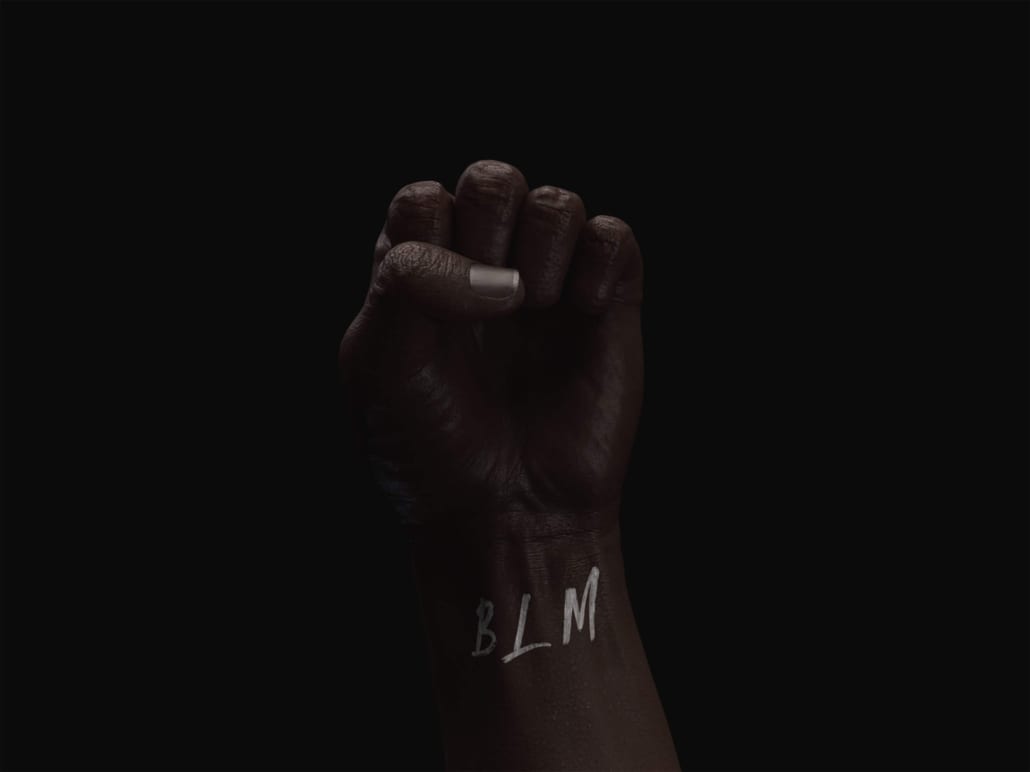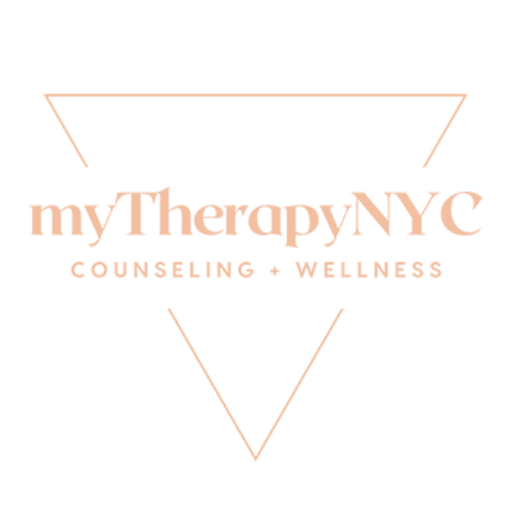In late May, the police killing of George Floyd erupted into a surge of national protests. Though media coverage has waned, the effects of this traumatic incident and the events that followed are still lingering for many. Racial trauma has been experienced by people of color for centuries, but has increasingly entered into race and mental health conversations in the last few years, especially with the rise of the Black Lives Matter movement.
What is racial trauma?
To dive into racial trauma and the impact it is having on people of color, the overall experience of trauma must be explained. Trauma can be defined as a psychological and physiological experience that is a result of a singular or series of distressing events that exceed a normal person’s ability to cope. The effects of these events shock the body’s nervous system and can make one feel they are existing in a constant state of fighting for survival, even when the threat is not currently present.
What makes racial trauma different is that the stressor is directly related to experiences of racism by people of color. Each racist experience can turn into a trigger that further traumatizes Black and Brown people and potentially increases the severity and occurrence of mental health conditions such as anxiety or depression.
Read more: What is a Trauma Trigger
What does racial trauma look like?
While racial trauma is not a specific diagnosis, some of the symptoms are similar to those of other types of trauma survivors. If you are a person of color and exhibiting any of the following symptoms after witnessing or being the victim of a racist encounter, your body may be responding to a racial trauma:
- Anger
- Sadness
- Grief
- Shock
- Fear or hypervigilance
- Guilt
- Helplessness and/or powerlessness
- Difficulty sleeping or concentrating
- Numbness
- Recurring thoughts or images of the event
- Body aches
- Fatigue
- Exhaustion
What causes racial trauma?
Racial trauma does not exist in a vacuum. It is often a result of the culmination of countless instances of race-based discrimination, with each instance being a reminder of previous offenses. The longstanding systemic history of racism within this country also contributes to this cumulative traumatic effect. The various types of stressors that people of color experience can be categorized as:
- Intergenerational stressors: The traumatic effects of racism, whether it be specific events or systemic structures, are often passed down through generations. This is the result of the United States’ history of colonialism and slavery. The experiences and stories that are shared often pass along the emotional pain associated with them either consciously or unconsciously. An example of this is how many Black parents have conversations with their children where they explain how to interact with police as a person of color.
- Vicarious stressors: This includes the impacts of living in a systemically racist society and indirectly experiencing acts of racism. Even when individuals are not directly impacted by events, they can experience the same psychological and physiological effects on the nervous system. For example, one of the most common means by which people of color can be triggered is by witnessing hate crimes, racial microaggressions, or other direct racist encounters that are recorded and made constantly available by social media.
- Direct stressors: These are the direct impacts of being in a systemically racist society or directly experiencing an individual attack as a result of race. Examples of this include hate crimes, being racially profiled or heavily policed, housing discrimination, or a culmination of microaggressions.
Read more: What is Microaggression and How to Avoid it
How do you begin healing racial trauma?
If you have been experiencing some of these symptoms and believe you are experiencing racial trauma, here are a few methods people of color can use to cope and engage in identity-affirming self care.
- Take a media break: If you find yourself constantly scrolling past news articles or videos that involve racist incidents, and have strong reactions to them, you may be triggered by the content you are viewing. Try filtering your content, muting certain words or hashtags, and/or setting specific times to view and engage to offer yourself a break.
- Connect with your community: Reach out to social supports you trust, whether that be friends, family, activists, community leaders, or your therapist. Lean on those who you feel comfortable with and who affirm your identity. Share and express your thoughts and feelings about what is going on around you and what you have been experiencing. Be sure to set boundaries around labor intensive conversations and interactions.
- Participate in relaxation exercises: If you are experiencing lots of physical symptoms, such as muscle tension, chest pain, and/or body aches, physical activity may be helpful. Activities such as deep breathing, meditation, yoga, or progressive muscle relaxation focus on bodily sensations and work on relaxing the mind. They also help you regain presence when experiencing panic.
- Get involved: If you are feeling powerless or hopeless, you may want to try getting involved with organizations. Look for organizations that help fight systemic racism or make community change, however that may look for you. There are many ways to be an activist and promote social change. I encourage you to try to engage in the way that works best for you and your needs.
Watch: Understanding and Healing Trauma
Remember the effects of racial trauma impact everyone differently. It is important to remember that, while these methods of coping are helpful tools to take care of yourself, they may not be the right fit for everyone. With trial and error, hopefully you are able to reach out to others within your community, reflect within yourself, and find what works best for you during this time of advocating for racial justice in our country.
Have you experienced racial trauma?
Check out our trauma treatments and connect with one of our therapist.
What activities have you engaged in to begin healing as a person of color? Join the conversation in the comments below!
- What Are The Early Signs of an Abusive Relationship? [Video] - October 28, 2021
- Understanding Implicit Bias - August 12, 2021
- A Guide to Navigating the Holidays after a Difficult Year - December 10, 2020





5 comments
Candace,
Thank you for writing this blog. I found it particularly important to learn more about all the ways in which racism creates trauma in the lives of people of color. Your suggestions for “identity affirming self-care,” also really stood out to me. Thank you again for this important information.
This is a great post, Candance. Understanding the effects of racial trauma, the various forms it can take, and how to heal it is such important work. As a white therapist, I have had the privilege to never experience racial trauma myself and so it is all the more important for me to work to develop the ability to help clients who do experience it to identify and heal from these experiences. Thanks again for such a thoughtful and informative post!
I really appreciate this blog for so many reasons. Understanding racial trauma is so complex and vitally important. Your description of what it looks like as well as what causes racial trauma was really informative which provided me with a better understanding. This post has inspired me to continue to get as much information as I can to be a part of the necessary social change. Thank you for your beautiful post!
Thank you for writing on this issue, Candace. I appreciate you defining what racial trauma is and how to heal from it. I have two hopes after reading this post. My first hope is that after reading this post people who have been impacted by racism can start to heal. My second hope is that the people who continue to inflict this pain on people of color will recognize how damaging micro-aggressions and racist behavior and rhetoric is to our mental health. The continued repeated offenses has halted the healing process on people of color and continues to cause re-traumatization. Naming was to start healing is so important! Thank you!
This post was truly worthwhile to read. I wanted to say thank you for the key points you have pointed out as they are enlightening.
Traumatized emotions are the hardest to cure and heal. It takes time and effort for us to overcome the pain we have inside. Emotional traumas are the worst anyone can experience and can entirely change a person’s life. It can make or break us so it is important to seek professional help if we can’t take it on our own so that we are guided in making decisions. Check this out Healing Emotional Wounds and Traumas Hope this will help. Thank you.